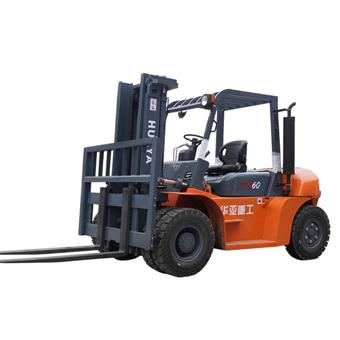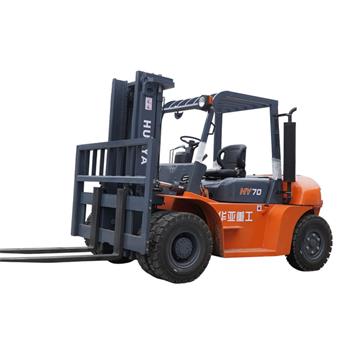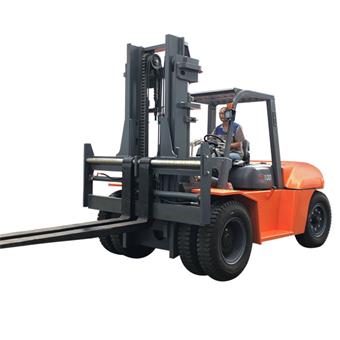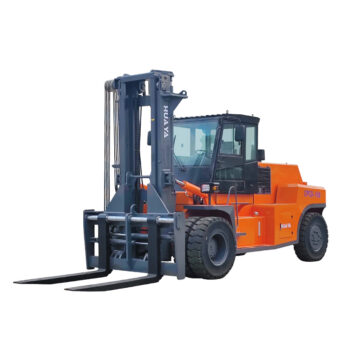
News
In the bustling world of warehouses, construction sites, and manufacturing plants, forklifts stand as indispensable workhorses. These versatile machines play a pivotal role in material handling, facilitating the movement of heavy loads with ease and precision. However, the efficient operation of forklift equipment relies on adherence to fundamental principles ensuring safety, productivity, and longevity. Let's delve into the eight key principles governing forklift equipment:
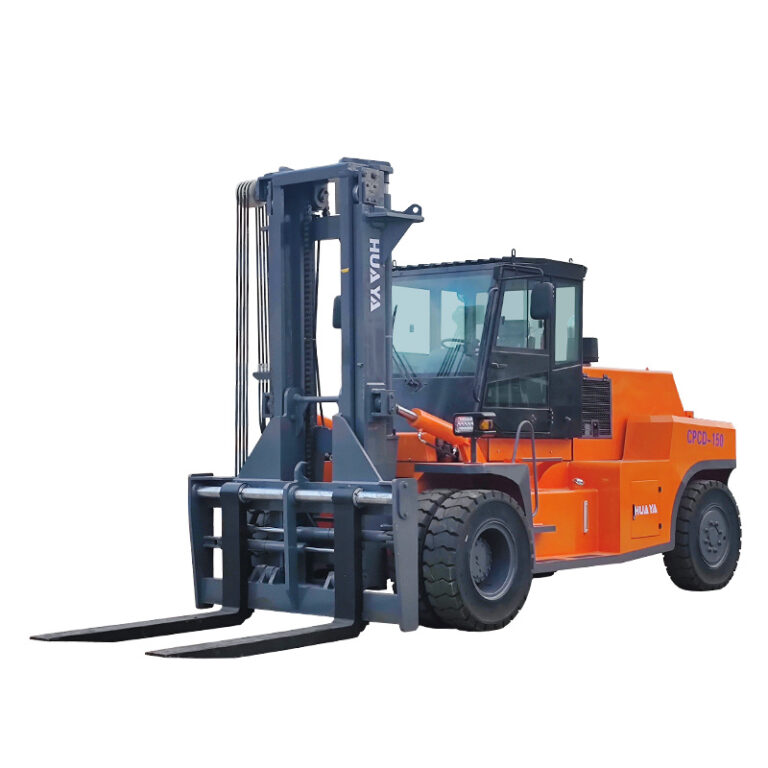
At the core of safe forklift operation lies an understanding of the stability triangle. This principle emphasizes the need to maintain a stable base to prevent tipping accidents. Forklifts achieve stability through a triangle formed by the center of gravity and the points where the tires meet the ground. Operators must be mindful of load placement and avoid sudden maneuvers that could disrupt this delicate balance.
Every forklift comes with a designated load capacity, indicating the maximum weight it can safely lift and transport. Exceeding this limit compromises stability and poses significant safety hazards. Operators should meticulously assess the weight of loads and adhere to the specified capacity to prevent accidents and equipment damage.
Clear visibility is paramount for safe forklift operation, ensuring operators can navigate through confined spaces and avoid collisions with obstacles or pedestrians. Adequate lighting, mirrors, and cautionary signage contribute to enhancing visibility in diverse work environments. Regular maintenance of visibility-enhancing features is essential to mitigate risks associated with impaired sightlines.
Competent operators form the cornerstone of efficient and safe forklift operations. Thorough training programs equip individuals with the skills to handle various forklift models, understand operational controls, and implement safety protocols effectively. Ongoing training sessions keep operators abreast of industry best practices and technological advancements, fostering a culture of continuous improvement and accident prevention.
Regular maintenance and systematic inspections are imperative to ensure forklift equipment functions optimally and complies with safety standards. Scheduled servicing addresses potential issues before they escalate, safeguarding against unexpected breakdowns and operational disruptions. Operators should conduct pre-shift inspections to identify and rectify any anomalies, thereby promoting equipment longevity and reliability.
Efficient load handling techniques are essential for maximizing productivity and minimizing the risk of accidents. Properly securing loads, distributing weight evenly, and maintaining a stable center of gravity are key considerations when operating forklift equipment. Adhering to established protocols for stacking, tiering, and transporting loads enhances operational efficiency while reducing the likelihood of incidents.
Forklift operators must remain vigilant of their surroundings, adapting to varying environmental conditions to ensure safe operation. Factors such as uneven terrain, slippery surfaces, and inclement weather can significantly impact forklift performance and stability. By exercising caution and adjusting their approach accordingly, operators mitigate risks and uphold workplace safety standards.
Despite meticulous planning and adherence to safety protocols, emergencies may still arise in the dynamic environment of material handling. Familiarity with emergency procedures equips operators to respond swiftly and effectively to unforeseen situations, mitigating potential injuries and minimizing damage to property. Comprehensive training in emergency protocols empowers operators to act decisively, ensuring the well-being of themselves and their colleagues.
In conclusion, mastering the eight principles of forklift equipment is essential for promoting safety, efficiency, and reliability in industrial operations. By prioritizing stability, adhering to load capacities, and embracing rigorous training and maintenance regimes, organizations can optimize their forklift operations and cultivate a culture of safety excellence. Upholding these principles not only enhances workplace productivity but also safeguards against accidents and fosters a conducive environment for growth and success.
